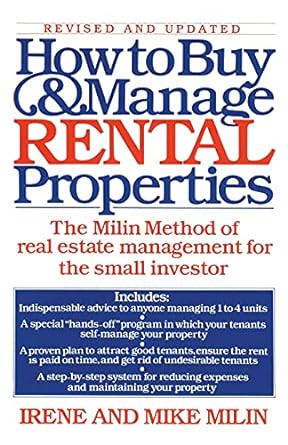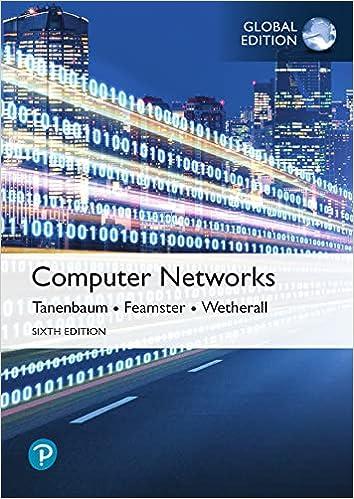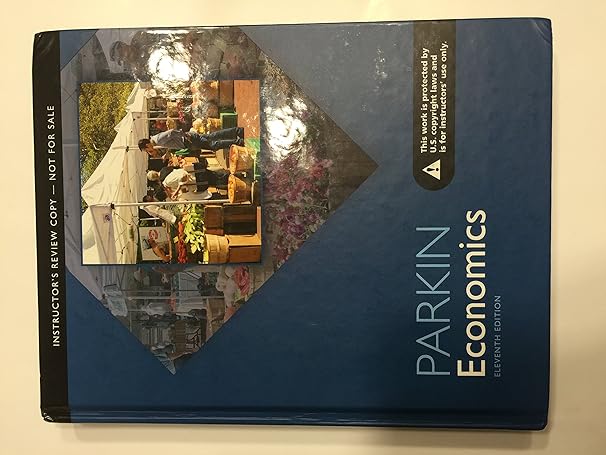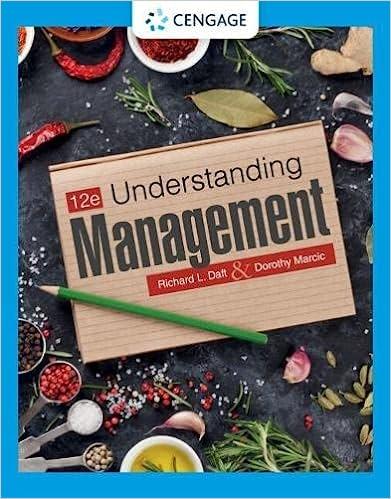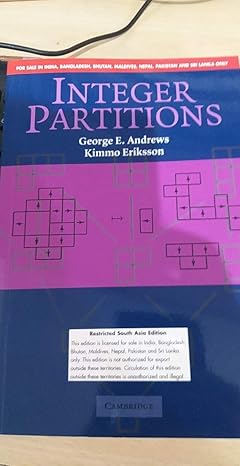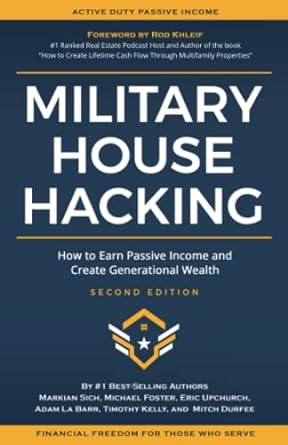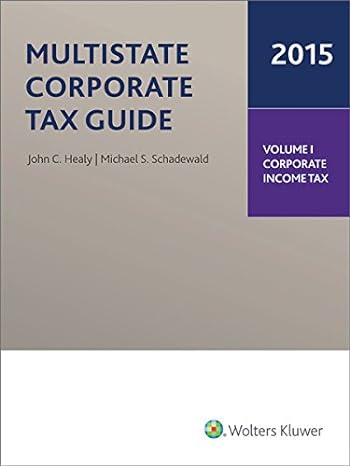Go back

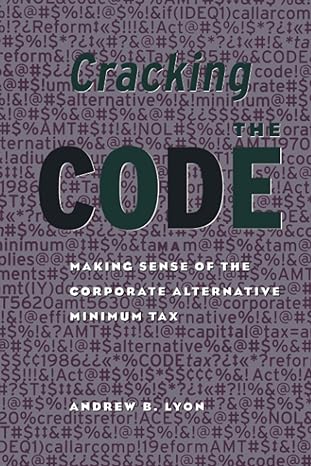
Cracking The Code Making Sense Of The Corporate Alternative Minimum Tax(1st Edition)
Authors:
Andrew Lyon

Cover Type:Hardcover
Condition:Used
In Stock
Shipment time
Expected shipping within 2 DaysPopular items with books
Access to 30 Million+ solutions
Free ✝
Ask 50 Questions from expert
AI-Powered Answers
✝ 7 days-trial
Total Price:
$0
List Price: $25.00
Savings: $25(100%)
Solution Manual Includes
Access to 30 Million+ solutions
Ask 50 Questions from expert
AI-Powered Answers
24/7 Tutor Help
Detailed solutions for Cracking The Code Making Sense Of The Corporate Alternative Minimum Tax
Price:
$9.99
/month
Book details
ISBN: 0815753233, 978-0815753230
Book publisher: Brookings Institution Press
Get your hands on the best-selling book Cracking The Code Making Sense Of The Corporate Alternative Minimum Tax 1st Edition for free. Feed your curiosity and let your imagination soar with the best stories coming out to you without hefty price tags. Browse SolutionInn to discover a treasure trove of fiction and non-fiction books where every page leads the reader to an undiscovered world. Start your literary adventure right away and also enjoy free shipping of these complimentary books to your door.
Book Summary: The corporate alternative minimum tax (AMT) was hailed in the Tax Reform Act of 1986 as instrumental to ensuring that tax loopholes would not permit corporations to avoid paying their fair share of tax liability. In 1995, less than ten years later, repeal of the AMT was pledged as part of the Republican Party's "Contract with America" and passed by the House of Representatives. Opponents of the AMT object that it penalizes new investment by firms and prevents the use of legitimate deductions. Its defenders tout the ability of the AMT to address public perceptions of unfairness in the tax system. At first glance, the debate over the AMT seems to be another example of the classic struggle between equity and efficiency. But, as this book reveals, there are serious flaws in the arguments used on both sides of this issue. As a result, the AMT may fail to achieve any notable equity objectives and may miss the opportunity to make significant improvements in the efficiency with which the nation's scarce capital is employed. Whether or not reforms of the AMT are ultimately enacted, the debate over the AMT raises fundamental questions of tax policy that will persist: Who benefits from tax subsidies? How much should the tax code be used to direct resources in the economy? If corporate taxes are ultimately borne by individuals, how do corporate tax provisions affect fairness? Andrew Lyon opens these topics up to a wide audience, presenting new data on the impact of the AMT, and offering suggestions for future policy reform. He argues that the legislative desire to respond to an apparent inequity should be channeled into considering whether there are efficiency reasons for reducing the tax advantages observed. The best solutions to these considerations, he contends, are not found in a minimum tax.
Customers also bought these books
Frequently Bought Together
Top Reviews for Books
Varunan Asokan
( 5 )
"Delivery was considerably fast, and the book I received was in a good condition."


